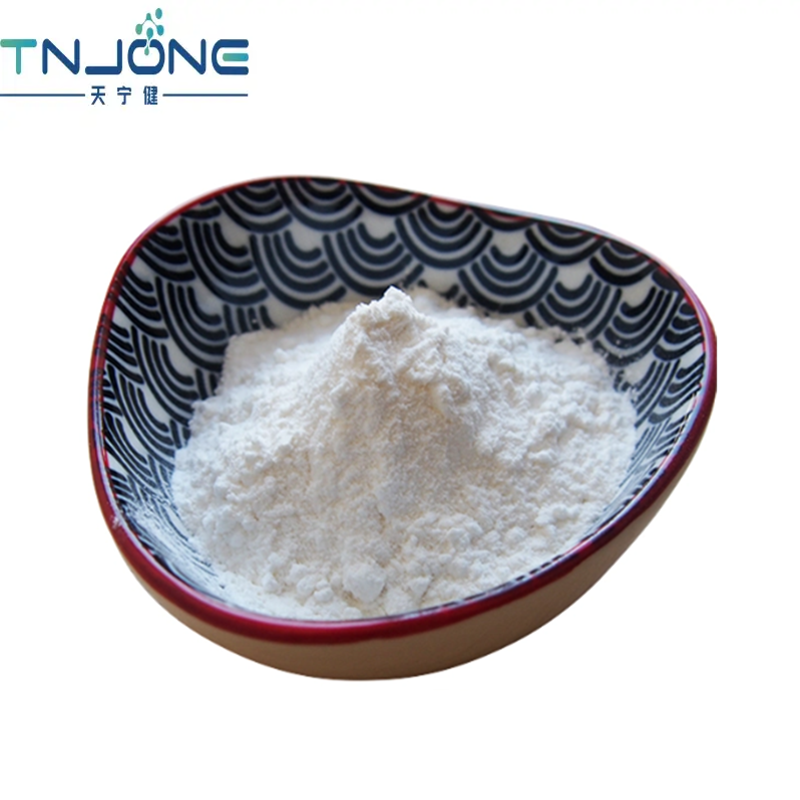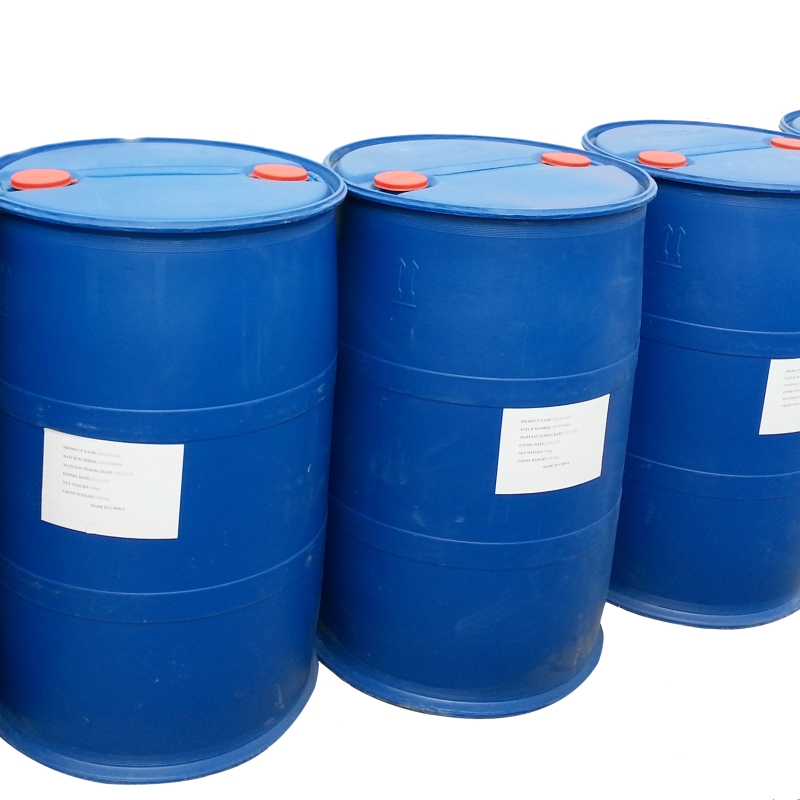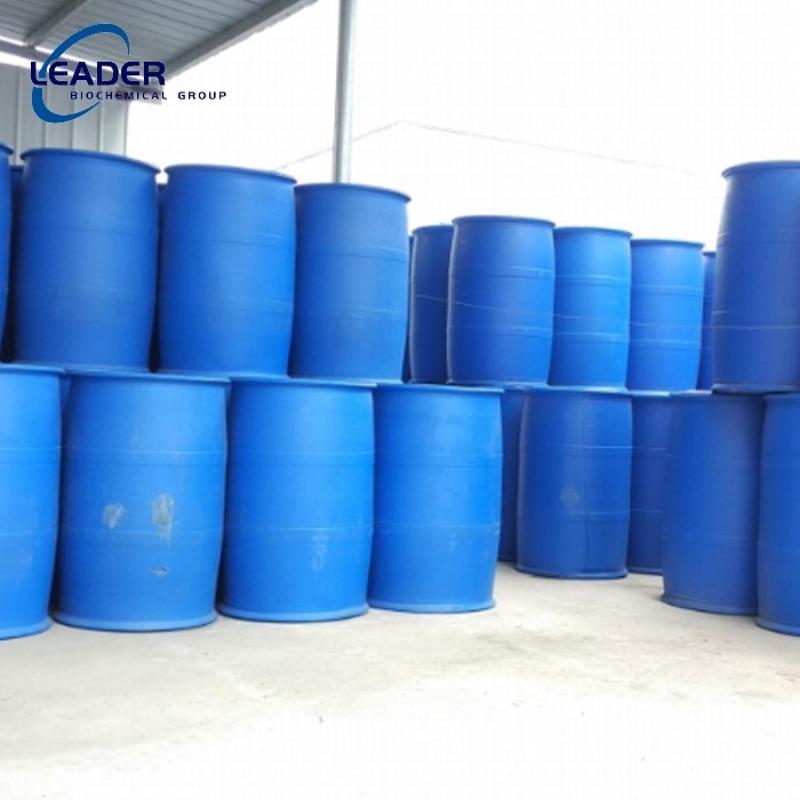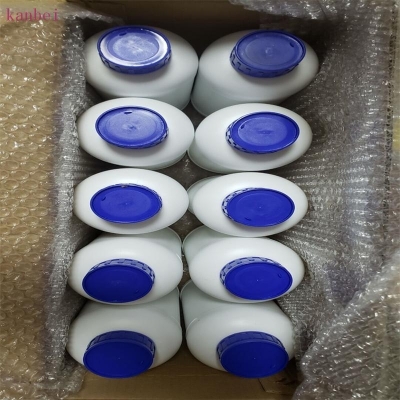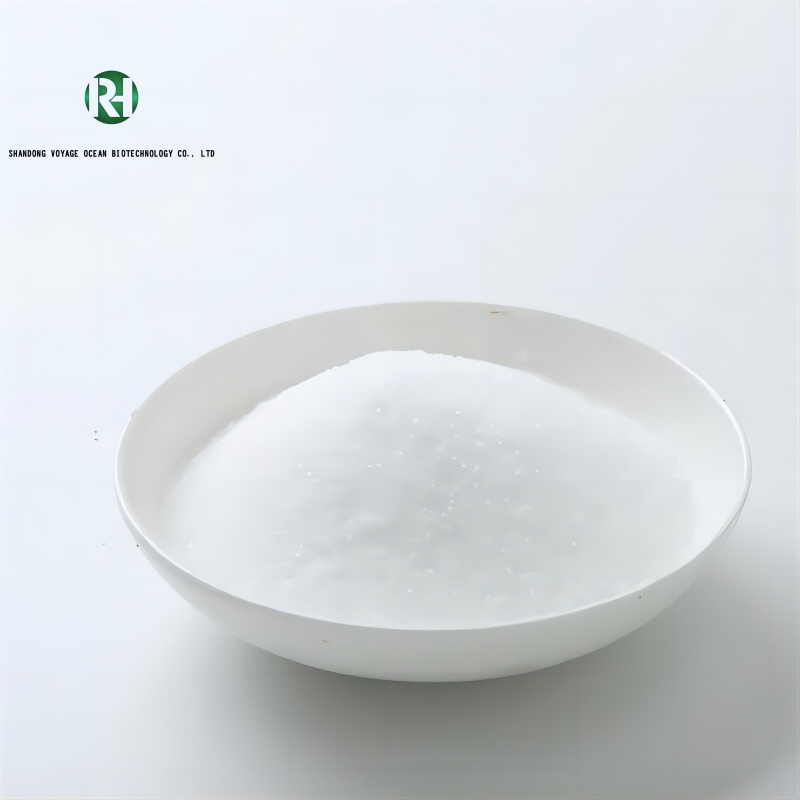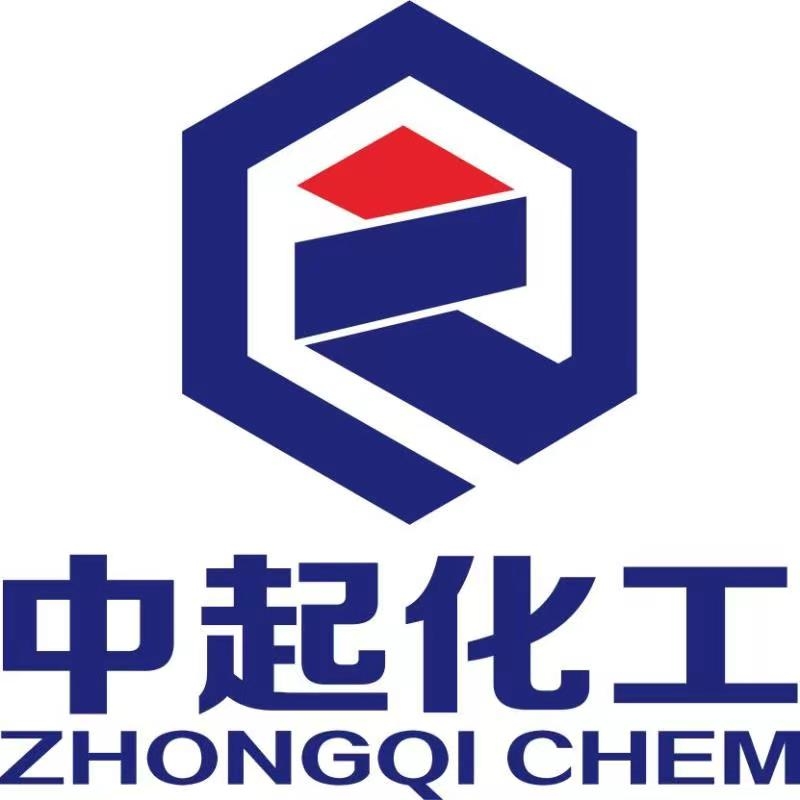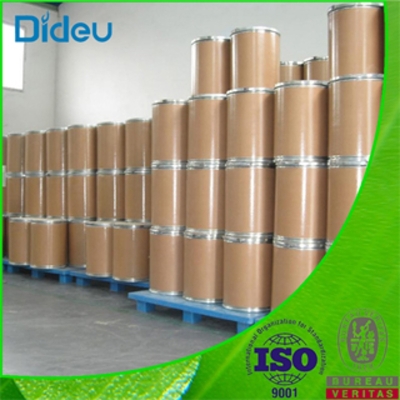Flavors and Fragrances
- • Synthetic Fragrances (1570)
- • Natural Spices (154)
Related News
-
Huda Beauty to Sell Kayali Stake to General Atlantic
2025-02-20 -
Skylar Clean Beauty Launches New Citrus Reverie Fragrance
2024-06-25 -
Give Back Beauty secures Mercedes-Benz fragrance licensing agreement
2024-04-17 -
BASF Aromatic Ingredients expands its Isobionics portfolio with new natural flavors
2024-03-13 -
Henry Rose raises series A funding
2023-05-15 -
LMR NATURALS BY IFF UNVEILS CARBON FOOTPRINT CALCULATION FOR FRAGRANCE
2023-01-19
Sort Synthetic Fragrances Alphabetically
Synthetic Fragrances
2-Methoxy-4-methylphenol
(93-51-6)-
- / 99.00%
-
industrial Grade / 98%
-
Pharmacy Grade / 99.5%
-
Request for quotation , get quotes from more suppliers.
(-)-Ambrox
(6790-58-5)-
- / 0.00%
-
Cosmetic Grade / 99%
-
Pharmacy Grade / 98%
$30-35/KG FOB
-
- / 99.00%
Request for quotation , get quotes from more suppliers.
(±)-α-Terpinyl acetate
(80-26-2)-
- / 0.00%
-
-
Pharmaceutical Grade / 99%
-
Pharmacy Grade / 99.5%
Request for quotation , get quotes from more suppliers.
Octyl acetate
(112-14-1)-
Industrial Grade / 99%
-
Industrial Grade / 99%
-
food grade / 99%
-
Food Grade / 99%
Request for quotation , get quotes from more suppliers.
-
Industrial Grade / 99%
-
Industrial Grade / 99%
-
![Methyl n-butyrate buy Methyl n-butyrate]()
Industrial Grade / 99%
-
![Methyl Butyrate buy Methyl Butyrate]()
Request for quotation , get quotes from more suppliers.
-
Industrial Grade / 99%
-
Food Grade / 99%
-
![6-Methylquinoline buy 6-Methylquinoline]()
Industrial Grade / 99%
-
![6-Methylquinoline buy 6-Methylquinoline]()
Request for quotation , get quotes from more suppliers.
-
-
- / 99.00%
-
- / 99.5%
-
Food Grade / 99%
Request for quotation , get quotes from more suppliers.
-
Industrial Grade / 99%
-
Industrial Grade / 99%
-
- / 99.00%
-
$1-1.2/KG FOB
Request for quotation , get quotes from more suppliers.
Ethyl levulinate
(539-88-8)-
food grade / 99%
-
Food Grade / 99%
-
Pharmacy Grade / 99%
-
Pharmacy Grade / 99.5%
Request for quotation , get quotes from more suppliers.
Thioanisole
(100-68-5)High efficiency startup agent, used for acid catalytic cracking of N-Z and protective groups of O-benzyl and O-methyl.
Thioanisole is used as pesticide, medicine, dye intermediate.
Intermediate, solvent for polymeric systems.
-
Industrial Grade / 99%
-
- / 99.00%
-
Research and Industrial Grade / 98.00%
-
![Thioanisole buy Thioanisole]()
Request for quotation , get quotes from more suppliers.
Source Synthetic Fragrances Raw Materials by Region
More Information
Synthetic fragrances are chemical compounds, which are produced to imitate natural odours or develop a new scent. These fragrances are mainly used in perfumes, cosmetics, detergents, soaps and air fresheners since they can give long-lasting and steady scents. Because synthetic is made from chemicals obtained from petroleum and other artificial compounds, some people may be allergic to it.
One of the major benefits of synthetic fragrances is that they are relatively stable. They are not easily affected by light, heat and air which is why they are suitable for use in products that need a long-lasting smell. Also, synthetic fragrances are relatively cheaper to produce than natural ones and various options for preparing scents are endless thus giving companies a chance to be creative in creating versatile scents.
Applications of synthetic fragrances include:
- Perfumes and colognes
- Included in products for skin care and cosmetics
- Aerosol and room spray
- Laundry detergents and fabric softeners
- Household cleaning products













